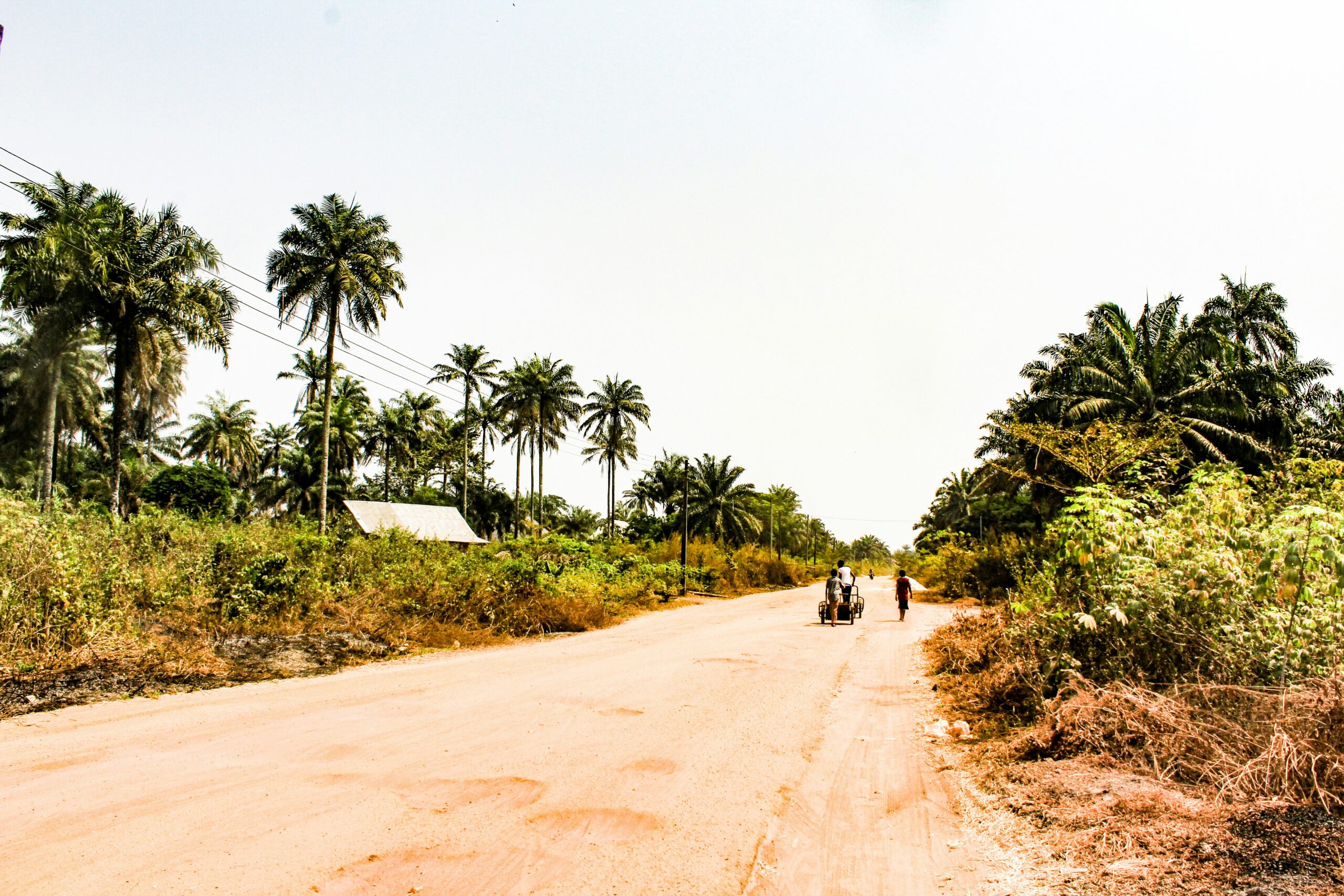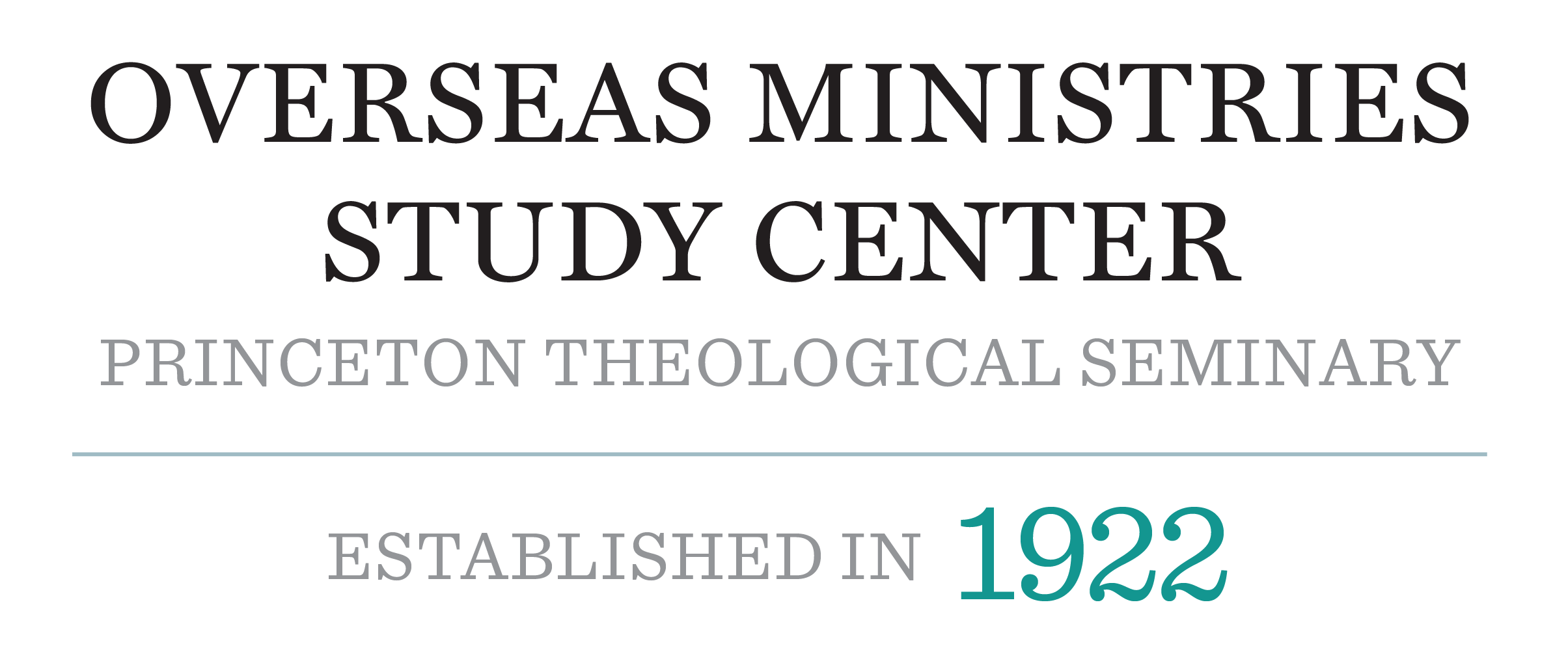By Emmanuel Ojeifo
During his prodigious academic career, Lamin Sanneh wrote numerous outstanding works that captured emerging trends in World Christianity, bringing a refreshing focus on the incarnational dynamism of Christianity in the global south. Although he commented on social questions in the mission context, he never really focused on ecological movements as a unique lens for understanding the World Christian turn. It might therefore surprise many who are familiar with his works to see his scholarship rethought ecologically. But if Sanneh “pointed towards uncharted contours and directions in Christian scholarship,” as Kwabena Asamoah-Gyadu rightly notes, he also “left one feeling that there was much more to do in the field of World Christianity than had been accomplished.” [1] It is toward this uncharted territory that this piece takes us.
I find the hermeneutic key for this reflection in the story with which Sanneh concludes his 2008 book Disciples of All Nations: Pillars of World Christianity. Sanneh recounts a story, told by the Canadian Maryknoll nun and missionary to China, Sister Betty Ann Maheu, about two women from Germany who were visiting China. Betty describes a typical Catholic scene in rural China as a concentration of villages consisting mostly of poor farmers, and where arrests of bishops and priests were common. [2] “Attending an early morning Mass in one of these villages can be a very moving experience. The depth of faith of the people is palpable,” Betty recalls. “On one occasion, when I was travelling with two women from the German Office of Aid to the Church in Need, one became so overwhelmed that she could not stay to greet the people after the Mass. She went off alone and wept.” [3] Noting how unprepared this German woman was for the “spectacle of faith and devotion she encountered” [4], Sanneh explains that this experience is “tantamount to a cultural shift in expectations in which the church in need was discovered to be the church awake. It showed the convergence of poverty and faith that the post-Christian West had long left behind. Yet that scenario of faith and poverty abounds everywhere in the post-Western awakening, and expatriates typically come upon it with something of a shock.” [5]
It would still be valid if you removed China from the story and replaced it with Africa. The description fits a typical village in rural Africa where faith and poverty meet in the suffering yet smiling faces of African Christians. By closing his book with that story, Sanneh invites us to broaden the range of our Christian imagination. Christianity may be tired in the West, but it is only daybreak in Africa.
Exploration of what this daybreak looks like in practice led me to Bethany Land Institute (BLI), a faith-based regenerative agriculture school located in Nandere, Uganda, near the capital city of Kampala, in July 2024. At BLI, young Christian boys and girls, are learning to think about the church’s mission from an ecological perspective. These faith-filled, innovative, and energetic Christians, from diverse denominations, are determined to disrupt the socio-environmental crisis ravaging their local communities. But they also have to contend with material deprivations. Although BLI’s 2-year residential formation program is highly subsidized, most of the intakes are still unable to afford their share of the annual tuition (approximately $150). They enroll in the BLI work-study program to earn money to augment their tuition.

An attentive visitor to BLI soon comes to experience the deep faith and dedication of these young people as they study, work, pray, and dream of a better future. Founded in 2012, BLI opened its doors to prospective students in 2019. Its vision is to transform rural ecologies and economies and regenerate livelihoods in Uganda by attending to issues of poverty, ecological degradation, and food insecurity. Shaped by the gospel stories of the Bethany siblings – Mary, Martha, and Lazarus – BLI forms its students in the vision, spirituality, lifestyle, and practice of integral ecology according to the principles of Pope Francis’ encyclical Laudato Si’. The dream is to raise an army of young Christian ecological practitioners who will go on to change the face of Uganda, beginning from the village. BLI’s co-founder and president, Father Emmanuel Katongole, a professor of Theology and International Peace Studies at the University of Notre Dame, is keen on changing minds. He wants students at BLI to cultivate “a love affair with soil” [6] and through this cultivation to sink deep roots in their rural communities, believing that young Africans can realize a meaningful and dignified life in the village and do not have to migrate to the cities where most of them end up in the slums and jobless [7].
While it may take BLI some time for the full impact of BLI mission-based approach to ecology to be felt, its praxis testifies to what Sanneh called “Christianity’s plural idiom and multicultural range.” [8] During my research trip, I spoke with over 45 BLI students in formation and graduate caretakers in various local communities who have set up their regenerative agriculture farms. Most of them see the biblical mandate to “till the earth and care for it” (Gen 2:15) as central to the church’s mission in this age of ecological destruction, and they are bringing that message to the churches in their localities.
As Africa’s population surges amidst grinding poverty, endemic corruption, failing governments, broken economies, and climate change, many people, including the young people at BLI, are looking to the church as their hope of salvation, not merely in an eschatological sense, but in the concrete realities of their daily lives. The church has a significant role to play in Africa’s social revival. This role requires the embrace of an “ecclesiology of relocation,” [9] from heaven to earth, and from the city to the village, embodying the incarnational realism of God who enters the messiness of our human condition to redeem his whole creation. As I reflect on the quiet revolution underway at BLI, championed not by religious power elites but by young, everyday grassroots believers, I am reminded of Sanneh’s closing words of his book: “It is a new day” [10].
References
[1] J. Kwabena Asamoah-Gyadu, “Reform, Renewal and Revival: Lamin O. Sanneh and the Place of Africa in World Christianity.” Exchange 49 (2020): 54.
[2] Lamin Sanneh, Disciples of All Nations: Pillars of World Christianity (New York: Oxford University Press, 2008) 285.
[3] Betty Ann Maheu, “The Catholic Church in China.” America 193, 14 (November 7, 2005) 11.
[4] Sanneh, Disciples of All Nations, 285.
[5] Sanneh, Disciples of All Nations, 285-86.
[6] Emmanuel Katongole, “Rooting the Church in African Soil and the Bethany Land Institute: A Theological Experiment.” In Fragile World: Ecology and the Church, ed. William T. Cavanaugh (Wipf and Stock, 2018).
[7] Emmanuel Katongole, Who Are My People? Love, Violence, and Christianity in Sub-Saharan Africa (Notre Dame, IN: University of Notre Dame Press, 2022) 132-134.
[8] Sanneh, Disciples of All Nations, 285.
[9] Emmanuel Katongole, The Sacrifice of Africa: A Political Theology for Africa (Grand Rapids, MI: Eerdmans, 2011) 143.
[10] Sanneh, Disciples of All Nations, 287.



